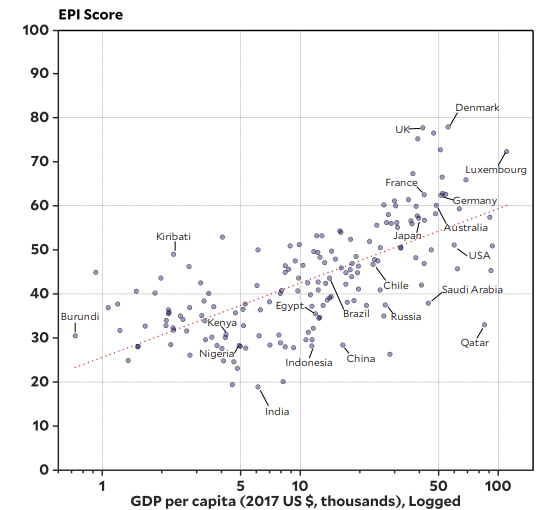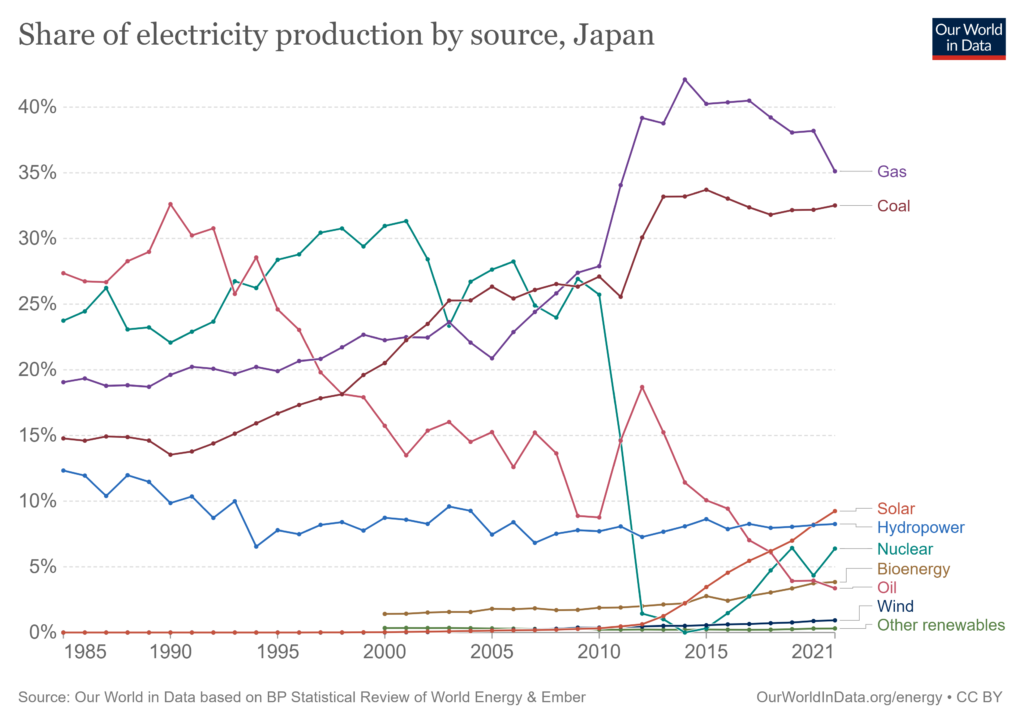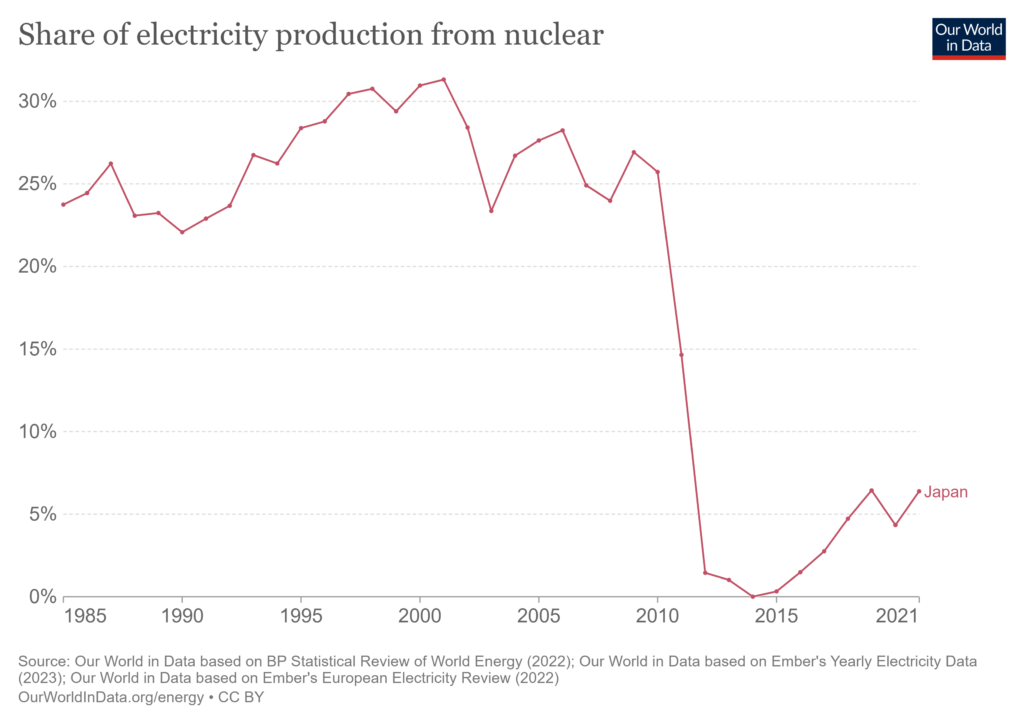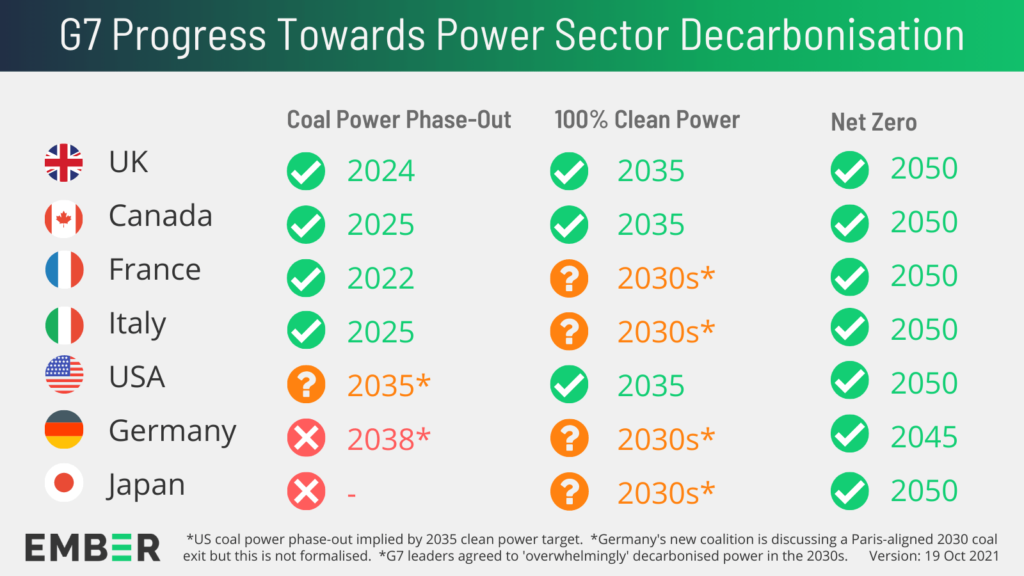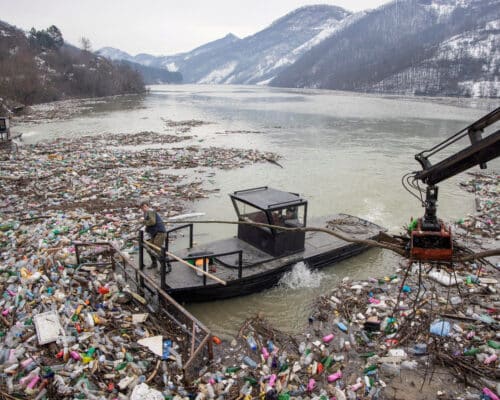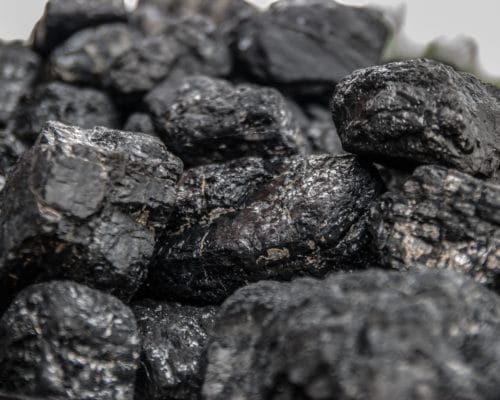Japan’s Sustainability Programs Are Lacking Compared to G7
04 April 2023 – by Eric Koons Comments (0)
Japan’s sustainability practices and goals will be pivotal for where the country heads in the next several decades. As an island nation, it is particularly vulnerable to climate-related extreme weather events, such as typhoons, flooding, sea level rise and heatwaves. This is a constant reminder that climate action needs to be taken, both in the fields of climate mitigation and climate adaptation.
As host of the 2023 G7 summit, Japan is under pressure to reduce greenhouse gas emissions and step up its largely lacklustre progress towards its climate goals and limit ongoing financing of fossil fuel projects in the developing countries of climate-vulnerable regions.
This is particularly relevant, as energy security and decarbonisation will be major discussion points throughout the talks. As the G7 host, Japan should be a role model for member nations instead of being a laggard.
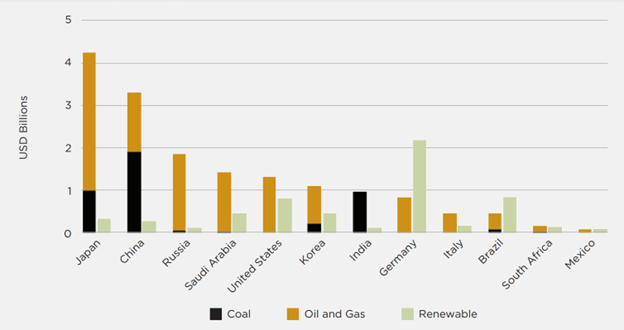
The Japanese Concept of Sustainability
It is surprising that Japan is a laggard in the G7, as the idea of sustainability is nothing new for Japan. The Japanese concept of “mottainai” is a deeply rooted idea in Japanese culture regarding the connection between an owner and a thing. For sustainability, this means respecting and not wasting resources. Renewable energy fits this ideal perfectly.
In some ways, mottainai is still very relevant, yet it is often overlooked when it comes to renewable energy.
Japan’s Sustainability Efforts
While Japan has been criticised for slow progress towards its 2030 emissions reduction and 2050 carbon-neutral goals, the nation is implementing other sustainability initiatives. These programs span society, from waste generation and pollution to land use and development.
For example, Japan is working to future-proof its cities, starting with Tokyo. The Tokyo eSG project aims to make the city an example of what cities should look like in the future. While the program intends to make the city carbon-neutral, it also incorporates vast development aspects. This includes city planners building an extensive public transportation system, developing a sharing economy and constructing robust, resilient infrastructure.
Yale’s Environmental Performance Index (EPI) is a great way to view Japan’s sustainability progress, including its energy use, compared to the rest of the world. Japan is ranked 25th in the 2022 EPI rankings, which places it above the United States and Canada – yet below the other G7 nations.
On first impression, this seems positive, but viewed over time, Japan’s EPI score has only risen 3.2 points over the last 10 years. This mimics the country’s slow progress in phasing out fossil fuels.
Japan Total Energy Mix
Japan heavily relies on fossil fuel energy sources. In 2021, fossil fuels accounted for over 85% of Japan’s total energy and 71% of the country’s electricity generation. As a developed country, coal plays a disproportionately large role in electricity generation and is only below natural gas.
Japan’s heavy coal dependence stains the country’s renewable energy efforts. Additionally, Japan is the only G7 country not to have agreed to phase out coal by 2050.
Japan’s Renewable Energy Mix
Japan has a relatively high diversification rate of 29% of electricity from renewable sources. Solar leads the way, with hydropower as a close second. While not renewable, nuclear energy is third and is a low-carbon energy source.
Historically, Japan has relied heavily on coal, natural gas and nuclear energy. However, after the Fukushima meltdown in 2011, the government shut down most of its nuclear facilities. To fill this gap in supply, Japan began to import more natural gas and coal, which is now becoming an issue.
Over the last year, high import costs for natural gas have exacerbated Japan’s already thinly spread energy grid. Additionally, the global opinion of coal is not favourable. Japan is at a point where it can’t afford to not push towards its renewable energy goals by transitioning to renewables.
Japan’s Sustainability Goals
Japan aims to cut greenhouse gas emissions by 46% by 2030 and be net zero by 2050. This includes increasing renewable energy capacity to cover over 36% of electricity needs by 2030 and 60% by 2050. This is commendable. However, it raises questions about what energy sources will constitute the remaining 40% of demand.
At COP26, Japan’s prime minister said the country would rely on developing new technologies to help achieve its targets. These technologies include zero-emission thermal power plants, carbon capture and storage and hydrogen energy. However, the technologies are currently not at a level where they can meet the demand that Japan’s grid will require. It is unclear if this will be possible by 2050, raising concerns about the feasibility of Japan’s decarbonisation strategy.
In addition to renewable energy, the Japanese government released its “Green Growth Strategy” to facilitate its net-zero future. The program aims to facilitate 14 critical industries to develop green and sustainable technology. A USD 15 billion Green Innovation Fund will support green research and sustainable development projects.
How Does Japan Protect The Environment?
To achieve the country’s renewable energy goals, Japan is implementing various environmental protection programs. A few examples are:
Marine Protected Areas (MPAs): 13.9% of Japan’s ocean territory is protected under MPAs that help create sustainable fisheries, maintain ocean ecosystems and support local livelihoods. The growth of MPAs has been explosive over the last five years and is up from 0.5% in 2016.
30by30 Alliance for Biodiversity: This is a conservation program under the Ministry of the Environment that brings private companies and non-profit organisations together to protect 30% of Japan’s land and sea by 2030.
MARINE Initiative: The initiative is a government program that aims to reduce ocean plastic to 0% by 2050.
The G7 Summit in Japan
Japan has goals and programs that will play a part in global sustainability. However, the country’s slow progress and strategies for achieving those goals raise questions about their feasibility.
With the G7 Summit starting in May 2023, Japan must make a case that it is doing its part in dealing with environmental and climate issues, especially since it will have international attention throughout the conference.
by Eric Koons
Eric is a passionate environmental advocate that believes renewable energy is a key piece in meeting the world’s growing energy demands. He received an environmental science degree from the University of California and has worked to promote environmentally and socially sustainable practices since. Eric’s expertise extends across the environmental field, yet he maintains a strong focus on renewable energy. His work has been featured by leading environmental organizations, such as World Resources Institute and Hitachi ABB Power Grids.
Read more